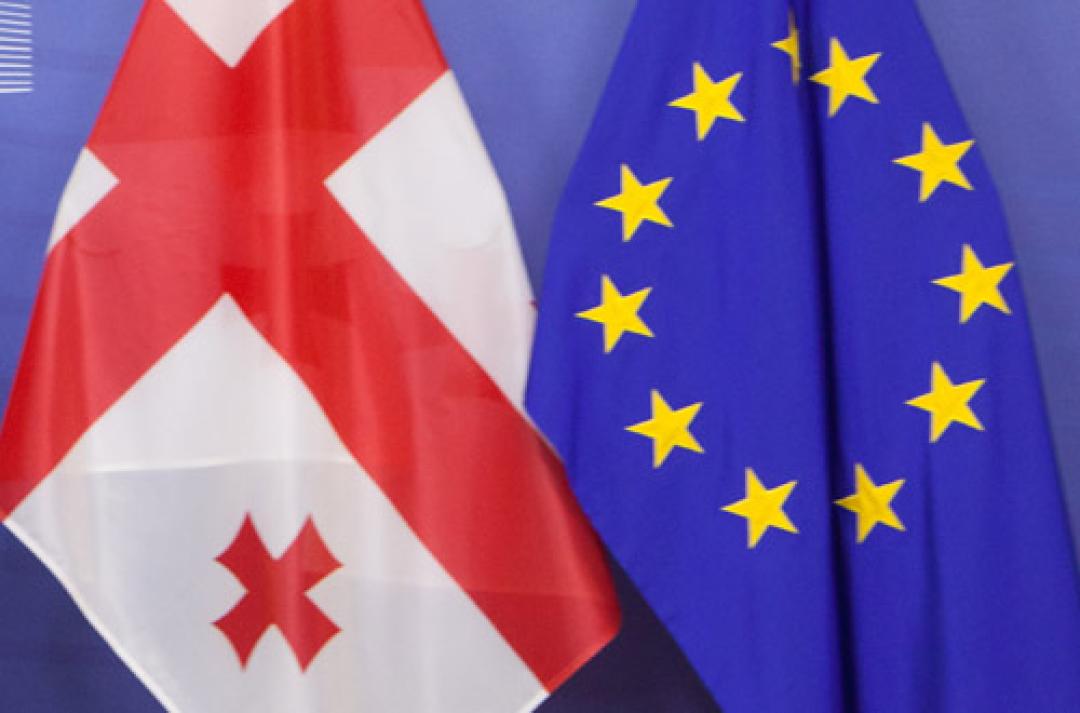
EU Ambassador to Georgia on the Country’s European Perspective, Nika Gvaramia and the European Commission's 12 Recommendations

The EU Ambassador to Georgia, Carl Hartzell, made public his responses to questions given to him by the Georgian public regarding the country's European perspective and the main unresolved issues necessary for the fulfilment of the 12 recommendations for candidacy issued by the European Commission. In response to a question about when Georgia will join the EU, the ambassador emphasised that the pace of accession is contingent on the progress of reforms, particularly in the fundamental areas linked to the core values of the European Union, such as the rule of law, democratic institutions, and human rights for all. He emphasised that Georgia must make progress toward the Commission's recommendations. According to him, the 19 April Agreement remains a strong starting point for both procedure and content, and the parties must now negotiate in order to reach an agreement.
The Ambassador emphasised that "The Commission evaluated Georgia, Ukraine, and Moldova based on their individual merits and specified criteria." When asked how much a rejection of Georgia's candidacy is connected to the country's lack of military involvement, he said, "It saddens me to see individuals attempting to make such misleading statements, whether directed towards the EU or the United States." He highlighted that the European Union has never desired for this conflict to worsen or persist in the future.
In relation to the detention of opposition Mtavari Arkhi TV head Nika Gvaramia and ex-president Mikheil Saakashvili, the EU Ambassador stated that while it is not within his jurisdiction to comment on specific instances, respecting the rule of law is essential to any democracy. "We are closely monitoring the health of the former president and have urged the authorities to maintain his rights as a prisoner, his right to proper medical care, and his right to a fair trial," he stated. "The case of Mr. Gvaramia follows the same grounds. This case also raises questions about media freedom in Georgia, which has recently been under pressure," according to Hartzell.
Hartzell also highlighted, in answer to a question about same-sex marriage and LGBTQ rights in Georgia, that the EU does not require Georgia to allow same-sex marriage. "Non-discrimination and the protection of all minorities, including sexual minorities, are what the EU requires of all its Member States," he continued. In response to a similar question regarding the government's role in protecting the LGBTQ equality organisation Tbilisi Pride, the ambassador stated, "Protecting citizens from violence and ensuring every individual's right to freedom of speech and assembly are core values of the European Union and, arguably, any democracy."
See Also


Mirzoyan Meets US Deputy Assistant Secretary Joshua Huck

Azerbaijani President Holds Talks with UAE and German Business Delegations on Economic Cooperation

Grigoryan Confirms Armenia’s Readiness to Dissolve OSCE Minsk Group Upon Peace Treaty Signing

Azerbaijani Official Warns of Ecological Risks to Caspian Sea, Similar to Lake Urmia and Aral Sea

